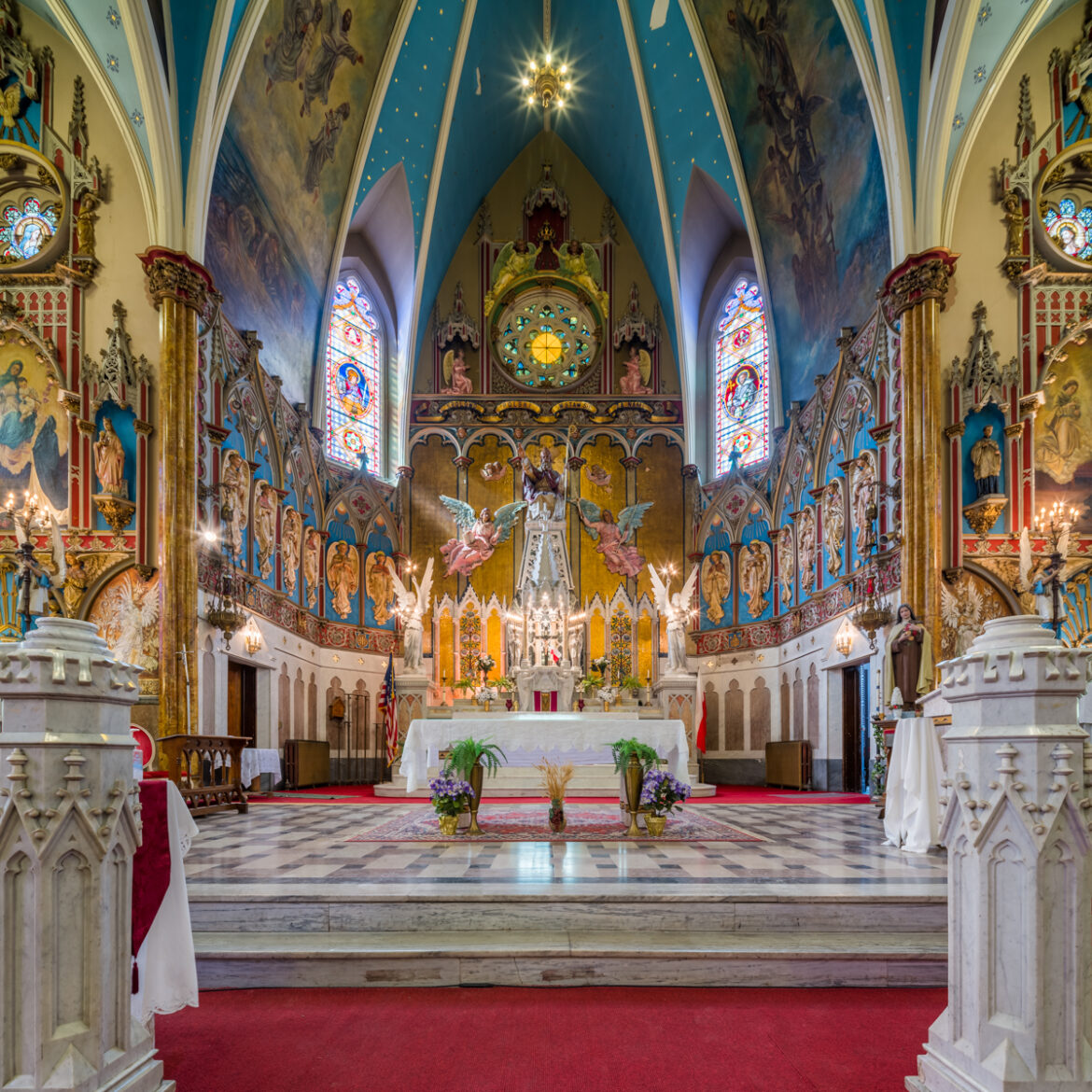The Church of England, quintessentially an embodiment of Anglicanism, occupies a unique niche within the broader tapestry of Christianity. It is often likened to a vast oak tree, its roots embedded in a rich historical soil, thriving amidst a diverse undergrowth of spiritual thoughts and practices. This article serves as a guide to understanding the multifaceted beliefs of the Church of England, exploring its origins, doctrines, liturgies, and distinguishing characteristics that attract millions of adherents around the globe.
At the crux of Anglican belief lies the doctrine of the Trinity—Father, Son, and Holy Spirit—a pivotal tenet shared with the majority of Christian denominations. It is the fundamental cornerstone, underpinning the faith that one God exists in three persons, each contributing to the divine essence while maintaining distinct identities. This harmonious relationship within the Trinity serves as a model for the community life that the Church of England espouses: a communion of believers bound by love and mutual respect.
The origins of the Church of England can be traced back to the tumultuous 16th century during the Protestant Reformation, a period when theological discourse and personal conviction collided with the established norms of Catholicism. King Henry VIII’s desire for an annulment led to a schism with the Roman Catholic Church. This act, crowned by the establishment of the monarch as the Supreme Governor of the Church of England, initiated a transformative period, enabling a distinctive identity to emerge. The Reformation, however, was not merely a political maneuver; it was a spiritual awakening, igniting fervent debates about the nature of authority and individual conscience in matters of faith.
Anglicanism, from its inception, has epitomized a confluence of tradition and reform. Central to its ethos is the Book of Common Prayer, a profound liturgical guide that has shaped personal and communal worship for centuries. This book is akin to a well-worn map, guiding pilgrims through seasons of life—celebrating joy, grappling with sorrow, and seeking guidance. The rich language contained within its pages creates an atmospheric sense of reverence, encapsulated in prayers, hymns, and sacraments that engage both heart and mind.
The sacraments serve as the spiritual lifeblood of the Church of England. Most notably, baptism and the Eucharist are recognized as essential rites of passage and nourishment. Baptism, often performed upon infants, signifies initiation into the Christian community—an act of grace that embodies the promise of redemption. The Eucharist, or Holy Communion, is viewed as a mysterious yet tangible encounter with the divine; through bread and wine, believers partake in the body and blood of Christ, fostering a profound connection with God and one another. This sacramental understanding transcends mere ritual, inviting congregants to explore the depths of their faith and the breadth of God’s love.
The Church of England maintains a delicate balance between tradition and modernity. It is a broad church, where a rich tapestry of theological perspectives coexist. While some congregations adhere to the more ceremonial High Church practices, characterized by elaborate liturgies and vestments, others embrace the Low Church tradition, focusing on the preaching of the Word and the personal relationship with God. This diversity serves as an invitation for many: an open door through which seekers can explore their faith without the constraints of dogma.
A core aspect of Anglicanism is the belief in the authority of scripture, interpreted through the lenses of reason, tradition, and experience—a framework often referred to as the “three-legged stool.” This metaphor encapsulates the essence of Anglican thought, providing stability to a faith that is continually evolving. Scripture remains the primary source of revelation, coupled with the wisdom gleaned from centuries of tradition and the lived experiences of the faithful. This approach not only honors the ancient texts but also invites ongoing dialogue and introspection concerning contemporary issues.
The Church of England, often seen as a custodian of moral and ethical inquiry, engages with profound societal questions through a compassionate lens. Addressing issues such as poverty, inequality, and social justice reflects a commitment to living out the Gospel in tangible ways. The church advocates for a faith that is active in the world, encouraging its members to embody Christ’s love through service and advocacy. This call to action resonates deeply with both adherents and seekers, acting as an intrinsic part of the faith journey.
In the realm of Anglican spirituality, a vital aspect is the art of contemplation and prayer. The tradition emphasizes personal reflection, encouraging individuals to cultivate a deep, abiding relationship with God. Through various forms of prayer—silent meditation, communal worship, and the recitation of liturgical prayers—believers are invited to dwell in the presence of the divine. This spiritual practice imbues life with meaning, enabling individuals to navigate the complexities of existence with a sense of purpose and belonging.
The Church of England is more than a religious entity; it is a community bonded by shared experiences of grace, struggle, and transformation. Its unique appeal lies in the intricate dance of tradition and modernity, allowing for a faith that resonates with both historical continuity and contemporary relevance. It provides a sanctuary for exploration—a fertile ground where personal faith and communal identity flourish. In embracing the rich heritage and diverse expressions of worship, the Church of England continues to invite all into a sacred pilgrimage, fostering a deeper understanding of God amid an ever-changing world.



